Publications
Articles, publications, books, tools and multimedia features from the U.S. Institute of Peace provide the latest news, analysis, research findings, practitioner guides and reports, all related to the conflict zones and issues that are at the center of the Institute’s work to prevent and reduce violent conflict.

The Risks of Violence in Nigeria’s 2019 Elections
In February 2019, Nigerians go to the polls to elect the country’s next president, parliament and state governors. Nigeria’s elections have historically been tense, and as the campaign gets underway there are concerns the upcoming process will see new violence. USIP’s Chris Kwaja, Oge Onubogu and Aly Verjee discuss the significance of the vote, what has changed since the 2015 elections, and suggest what can be done to mitigate risks of violence.
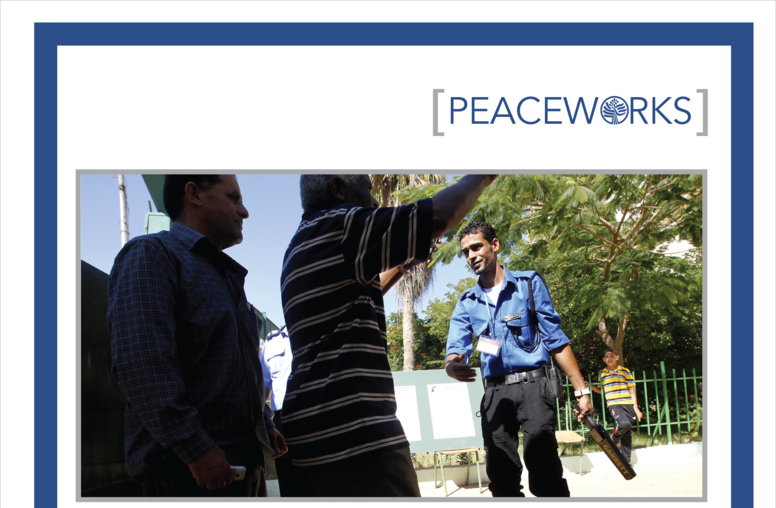
Libya’s Next Elections: A Step Forward or a Step Back?
Since the uprisings in Libya began in February 2011, the country has seen considerable and almost constant upheaval. International players have tried to facilitate a transition to democracy, but success has been fleeting. Now, in the midst of political division and internal conflict, Libyans are attempting to hold presidential...
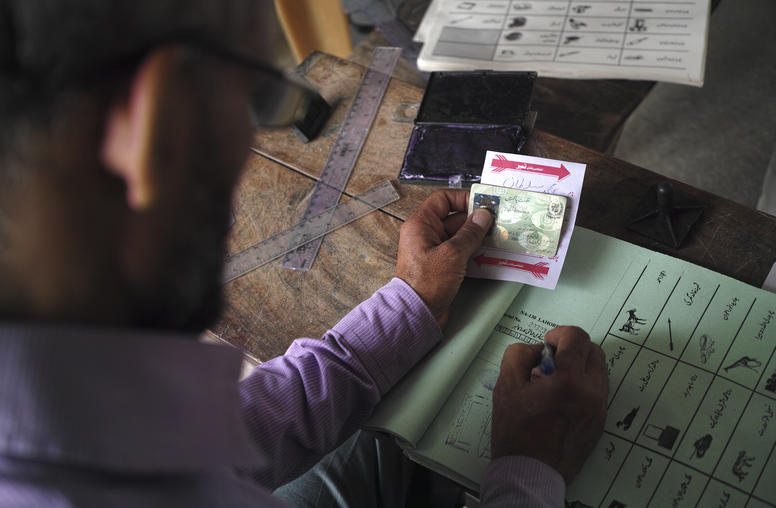
Despite Violence, Pakistan’s Elections Steadily Improve
Governed under military rule for long periods of its history, Pakistan’s July 25 general elections marked the second time a democratically elected, civilian government completed its five-year constitutional term, as per the 1973 constitution, and transferred power to a democratically elected successor. For Pakistan, the goal is...
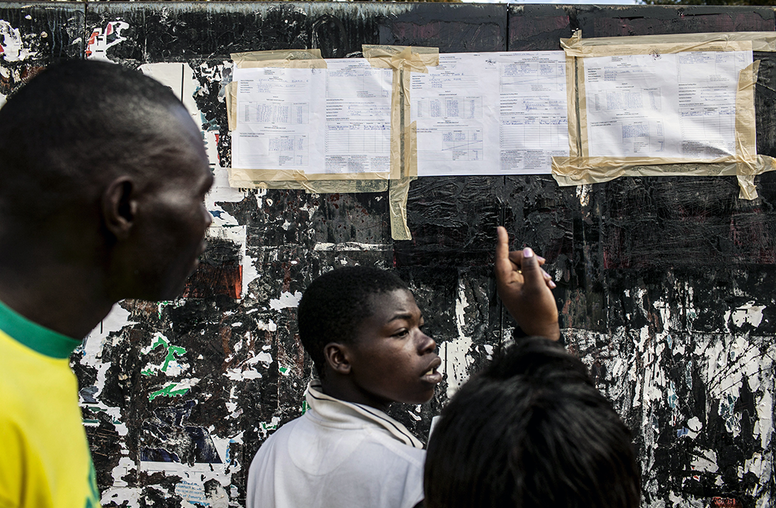
After Voting and Violence, What’s Next for Zimbabwe?
Zimbabwe’s election last week offered hope for more democratic and stable governance following the removal last year of President Robert Mugabe after his 37 years in power. But the country’s direction is uncertain following the disputed election result and the violent suppression of protests by...

Scott Worden on the Taliban in Afghanistan
Following the horrendous bombing outside a Kabul voter registration center, Scott Worden shares his sobering analysis and commentary about the continuing war in Afghanistan where he says most agree that a military victory is unlikely. The conflicts grinding stalemate, Fall 2018 elections and presidential elections due a year from now concern Worden especially with today’s Taliban announcement of a new fighting season and rejection of President Ghani’s peace offering.
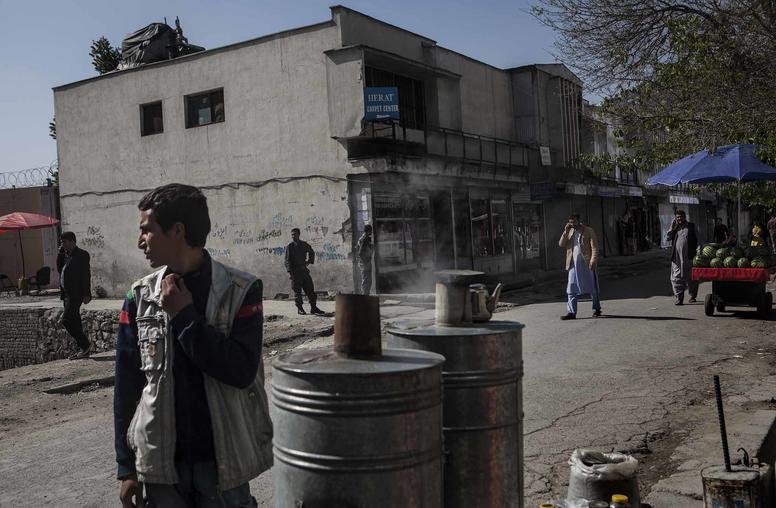
ISIS Attack on Afghan Voting Center Aims to Sow Ethnic Division
In Afghanistan, the Islamic State has claimed responsibility for a suicide bombing at a Kabul voting center that killed at least 60 people, including 22 women and eight children. More than 130 people were wounded, and Afghan police say many of the victims were waiting in line outside the center attempting to receive national identity cards in order to vote. Parliamentary elections are scheduled for October, but could be derailed by continued violence, low voter registration, and a lack of confidence in the electoral process. USIP expert Scott Worden analyzes what potential impact this incident and any future attacks could have on Afghanistan's electoral process.
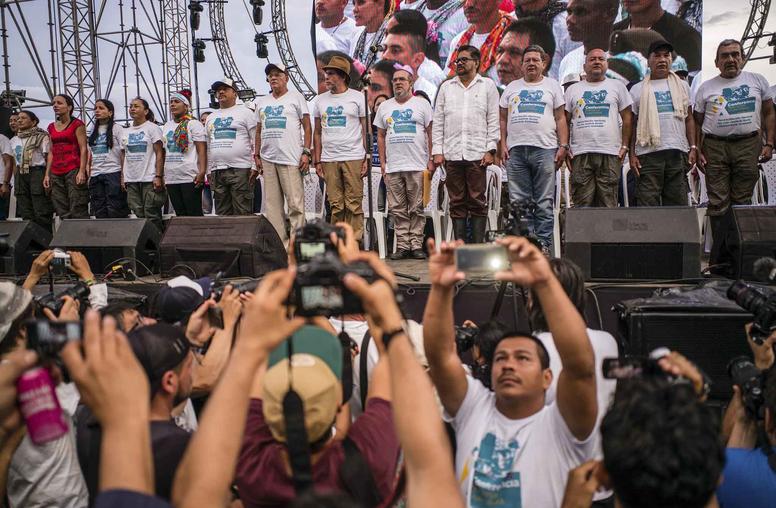
Will Colombia's 2018 Elections Imperil Peace?
The April 9 arrest and extradition request of former senior Revolutionary Armed Forces of Colombia (FARC) commander and peace negotiator Jesús Santrich highlights the complex challenges Colombia faces in the implementation of the historic November 2016 peace agreement with the FARC. Over a year and a half since the signing of the agreement, Colombia finds itself in one of the most critical moments in its efforts to definitively put to rest over five decades of armed conflict that has left more than 8.5 million victims in its wake. Frustrations surrounding the mixed results in the implementation of the peace agreement are exacerbated by the natural uncertainty over the upcoming May 27 presidential elections and its policy impact.
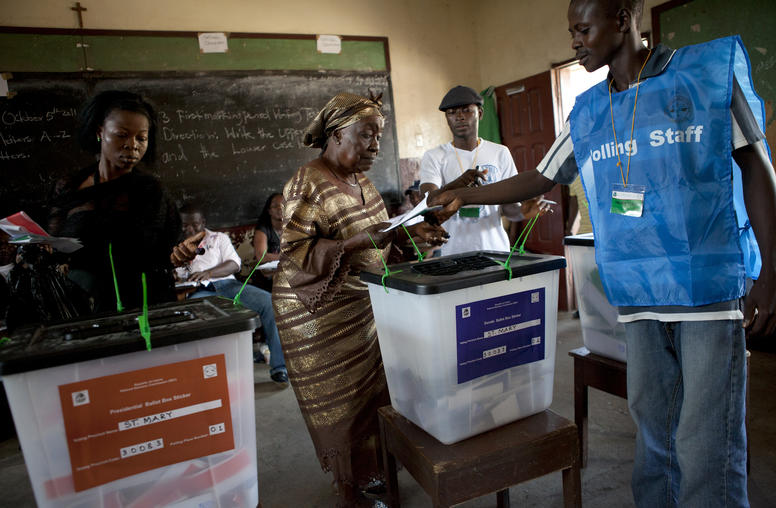
Electing Peace in Liberia
The day after Christmas Liberians went to the polling stations to elect George Weah, a former international soccer player, as the new President of Liberia. Weah beat the former vice president and chief opponent, Joseph Boakai, in a run-off election. The risk of election-related violence was substantial given...
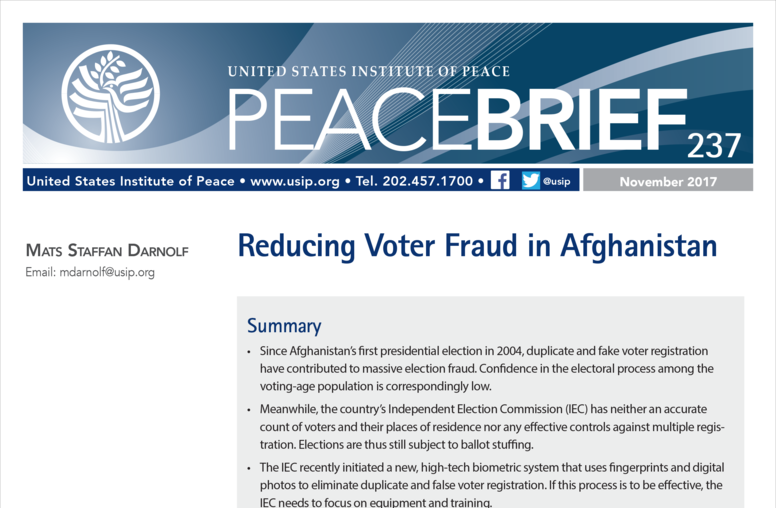
Reducing Voter Fraud in Afghanistan
Since Afghanistan’s first presidential election in 2004, massive election fraud and malpractices have been the rule. Confidence in the electoral process among the population is correspondingly low. As this Peace Brief explains, a new biometric voter registration system has...
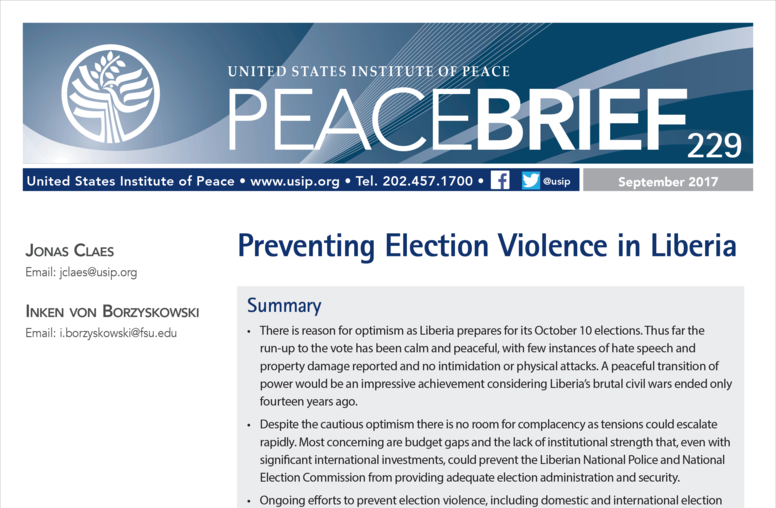
Preventing Election Violence in Liberia
Liberia will hold presidential and legislative elections on October 10. The run-up to the vote has been primarily peaceful, and the country has engaged in ongoing efforts to prevent election violence. This Peace Brief, based on USIP research, assesses the risk of election violence and the scope of violence prevention efforts, and provides recommendations for ongoing prevention.